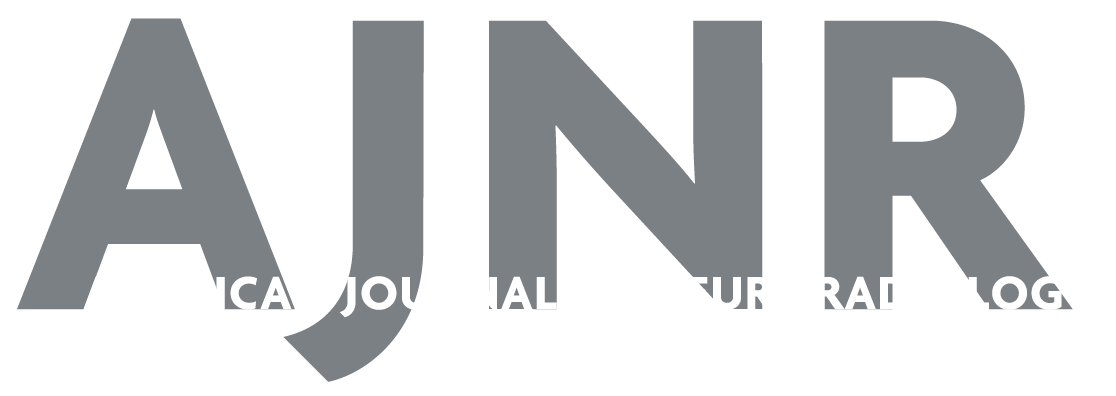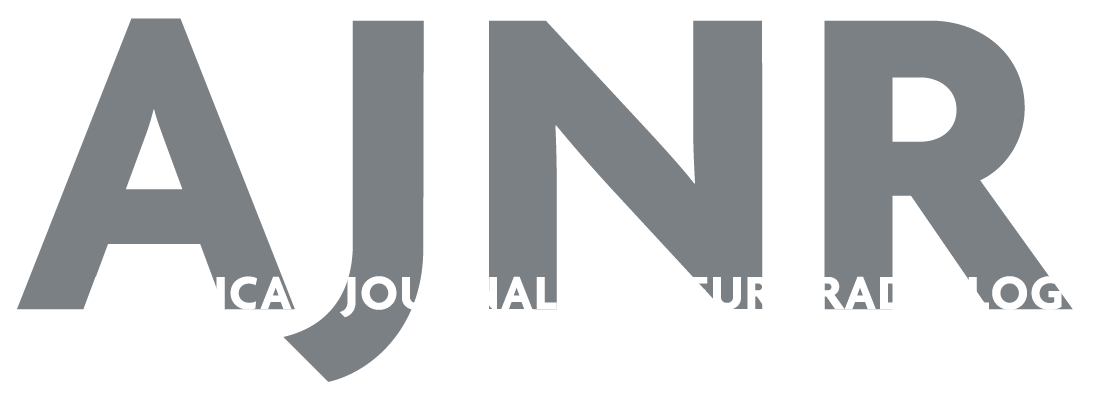Abstract
BACKGROUND AND PURPOSE: Endovascular therapy has increasingly become an acceptable option for treatment of unruptured aneurysms. To better understand the recent trends in the use of and outcomes related to coiling compared with clipping for unruptured aneurysms in the United States, we evaluated the NIS.
MATERIALS AND METHODS: Hospitalizations for clipping or coiling of unruptured cerebral aneurysms from 2001 to 2008 were identified by cross-matching ICD codes for the diagnosis of unruptured aneurysm (437.3) with procedural codes for clipping (39.51) or coiling (39.52, 39.79, or 39.72) of cerebral aneurysms and excluding all patients with a diagnosis of subarachnoid hemorrhage (430) and intracerebral hemorrhage (431). Mortality and discharge to a long-term facility were evaluated for both clipping and coiling patient populations.
RESULTS: The fraction of unruptured aneurysms treated with coiling increased from 20% in 2001 to 63% in 2008. For surgical clipping, the percentage of patients discharged to long-term facilities was 14.0% (4184/29,918) compared with 4.9% (1655/34,125) of coiled patients (P < .0001). Clipped patients also had a higher mortality rate because 344 (1.2%) clipped patients died compared with 215 (0.6%) coiled patients (P < .0001). Between 2001 and 2008, the overall number of adverse outcomes from treatment had decreased from 14.8% to 7.6%.
CONCLUSIONS: The use of endovascular coiling relative to surgical clipping of unruptured intracranial aneurysms is associated with decreasing periprocedural morbidity and mortality among patients treated in the United States from 2001 to 2008.
Abbreviations
- HCUP
- Healthcare Cost and Utilization Project
- ICD-9-CM
- International Classification of Diseases, 9th Revision, Clinical Modification
- ISAT
- International Subarachnoid Aneurysm Trial
- ISUIA
- International Study of Unruptured Intracranial Aneurysms
- NIS
- National Inpatient Sample
- VP
- ventriculoperitoneal
- Copyright © American Society of Neuroradiology












